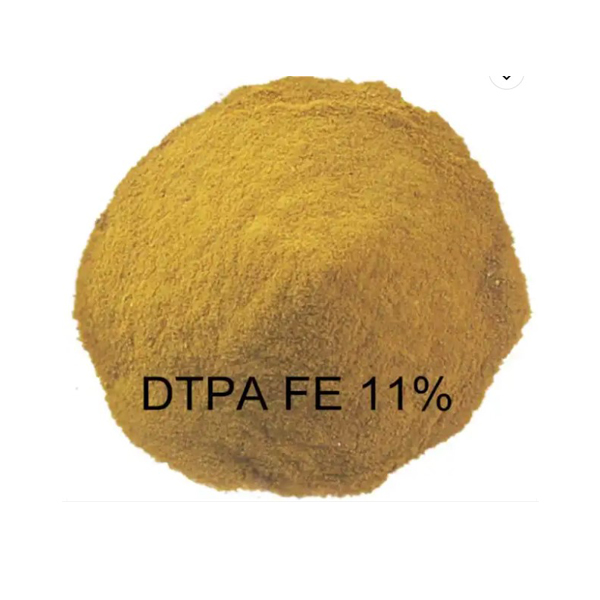
News
Oct . 19, 2024 03:11 Back to list
chelant in boiler feed water
The Role of Chelants in Boiler Feed Water Treatment
Water plays a crucial role in the functioning of boilers, which are essential components in many industrial and energy generation processes. The quality of boiler feed water significantly influences the efficiency, safety, and longevity of the boiler system. One of the critical aspects of maintaining high water quality is the management of scale formation and corrosion, both of which can lead to severe operational issues. This is where chelating agents, or chelants, come into play.
Understanding Chelants
Chelants are chemical compounds that can form multiple bonds with a single metal ion, effectively “wrapping around” the metal and preventing it from participating in unwanted reactions. They are widely used in various applications, including pharmaceuticals, agriculture, and industrial processes. In boiler feed water treatment, chelants are particularly valuable for their ability to bind with metal ions like calcium, magnesium, and iron that can cause scaling and corrosion.
The Challenge of Scale and Corrosion
Scale formation is a common issue in boiler systems, primarily caused by dissolved minerals in the feed water. When heated, these minerals precipitate out of the water and deposit on the boiler tubes, reducing heat transfer efficiency and potentially leading to overheating or even boiler failure. Similarly, corrosion can occur when aggressive water chemistry interacts with metal surfaces, leading to material degradation.
Both scaling and corrosion not only threaten the integrity of the boiler but also lead to increased maintenance costs and downtime
. Thus, implementing an effective treatment protocol for boiler feed water is essential for operational reliability.The Functionality of Chelating Agents
chelant in boiler feed water

Chelating agents work by sequestering metallic ions that contribute to scale and corrosion. For instance, calcium and magnesium ions can be effectively removed from the water with chelating agents, which form stable complexes. This prevents these ions from precipitating out of solution and forming scale deposits.
One commonly used chelant in boiler feed water systems is EDTA (Ethylenediaminetetraacetic acid). EDTA can effectively bind a wide range of metal ions, making it a versatile option in water treatment. Other chelants, such as NTA (Nitrilotriacetic acid) and phosphonates, also serve similar purposes.
By integrating chelating agents into treatment protocols, facilities can achieve several beneficial outcomes 1. Reduced scaling Maintaining lower concentrations of scale-forming ions helps keep boiler surfaces clean and operationally efficient. 2. Corrosion control Binding metal ions prevents corrosive interactions that can compromise the structural integrity of boiler components. 3. Improved efficiency With minimized scaling, heat transfer within the boiler is more efficient, leading to energy savings and enhanced overall operational performance.
Implementation Considerations
When incorporating chelants into boiler feed water treatment, it is important to consider the specific water chemistry and operational conditions. Factors like temperature, pH, and the presence of other contaminants can influence the effectiveness of chelating agents. Additionally, the longevity and biodegradability of the chosen chelant should be evaluated to minimize environmental impact.
Proper dosing, monitoring, and regular maintenance of the water treatment system are also essential to derive the maximum benefit from chelants. Frequent testing of boiler water chemistry can help ascertain the optimal concentrations of chelants needed for effective treatment.
Conclusion
In conclusion, chelating agents are an invaluable tool in the treatment of boiler feed water, significantly contributing to the prevention of scale formation and corrosion. By carefully selecting and implementing these agents, industries can enhance the efficiency, reliability, and lifespan of their boiler systems. As boiler technology continues to evolve, the role of chelants in ensuring high-quality water treatment remains crucial for sustainable and efficient operation.
-
Polyaspartic Acid Salts in Agricultural Fertilizers: A Sustainable Solution
NewsJul.21,2025
-
OEM Chelating Agent Preservative Supplier & Manufacturer High-Quality Customized Solutions
NewsJul.08,2025
-
OEM Potassium Chelating Agent Manufacturer - Custom Potassium Oxalate & Citrate Solutions
NewsJul.08,2025
-
OEM Pentasodium DTPA Chelating Agent Supplier & Manufacturer High Purity & Cost-Effective Solutions
NewsJul.08,2025
-
High-Efficiency Chelated Trace Elements Fertilizer Bulk Supplier & Manufacturer Quotes
NewsJul.07,2025
-
High Quality K Formation for a Chelating Agent – Reliable Manufacturer & Supplier
NewsJul.07,2025
